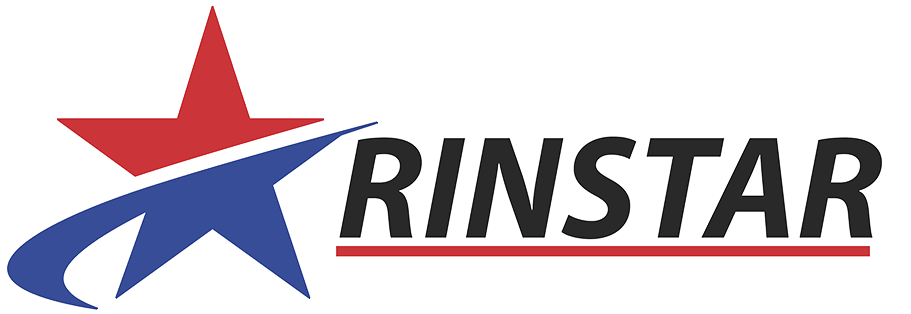RINSTAR Blog
Mixed Reactions Emerge Following EPA’s Proposed RFS Targets for 2026–2027 and Finalized 2024 Cellulosic Volumes
On June 13, 2025, the EPA proposed ambitious Renewable Fuel Standard (RFS) targets for 2026 and 2027 while finalizing a downward adjustment to the 2024 cellulosic biofuel obligation. The proposal sparked praise from agriculture and biofuels advocates, who welcomed stronger blending goals and support for domestic energy. However, renewable natural gas and biogas producers raised concerns over the limited growth outlook for cellulosic fuels. Explore how stakeholders across the RFS landscape are reacting and what to expect next.
EPA Unveils Proposed 2026–2027 RFS Targets and Finalizes 2024 Cellulosic Adjustments
On June 13, 2025, the EPA released a major update to the Renewable Fuel Standard—proposing ambitious RVOs for 2026 and 2027 and finalizing a reduction in the 2024 cellulosic target. The proposal outlines significant blending increases, new methodology, and the removal of E-RINs, signaling a pivotal moment for the renewable fuels industry.
How Methane-Tracking Satellites Are Shaping the Future of RFS and RNG Compliance
With the launch of MethaneSAT and Tanager 1, real-time methane tracking is entering a new era. These satellites could revolutionize Renewable Natural Gas (RNG) monitoring under the RFS, improving emissions transparency, RIN compliance, and supply chain accountability.
What Are Obligated Parties Under the RFS? Roles, Responsibilities & Compliance Support
Under the Renewable Fuel Standard (RFS), obligated parties—such as refiners, importers, blenders, and exporters—are responsible for meeting Renewable Volume Obligations (RVOs). Learn how these key players contribute to renewable fuel blending and how RINSTAR’s compliance tools can support their unique regulatory needs.
Renewable Diesel vs. Biodiesel: Key Differences, Benefits, and Why It Matters for Clean Fuel Progress
As the biofuels market grows, the debate between renewable diesel and biodiesel continues. Both are made from similar feedstocks, but their chemical composition, performance, and infrastructure compatibility set them apart. Learn how these fuels differ, why renewable diesel is gaining market share, and what it means for the future of clean energy.
RIN Compliance Made Simple: Understanding D-Codes and Fuel Categories in the RFS
Confused by D-codes and fuel categories under the Renewable Fuel Standard (RFS)? This guide breaks down how RINs are categorized by fuel type, production method, and greenhouse gas reduction thresholds. Learn how D3 through D7 RINs interact with the RFS’s nested compliance structure and how RINSTAR can simplify reporting and compliance for your renewable fuel business.
Understanding RFS Compliance for RNG Producers, Biogas Producers, and RNG Separators
New to biogas or RNG compliance reporting? RINSTAR breaks down the latest EPA reporting requirements for Biogas Producers, RNG Producers, and RNG Separators. Learn what reports are due, when to file, and how to stay compliant under the Renewable Fuel Standard (RFS). Whether you’re managing RINs or biogas tokens, this guide simplifies the essentials.
Lawmakers, EPA Push Forward on RFS and Tax Credit Extensions
Lawmakers and the EPA are taking major steps to strengthen the Renewable Fuel Standard (RFS), from setting ambitious Renewable Volume Obligations (RVOs) for 2026 and beyond to extending critical tax credits that support the renewable fuels industry. In this update, RINSTAR breaks down the latest regulatory and legislative actions that stakeholders should know to stay compliant and informed.
Fueling Your Knowledge: How to Stay Informed on Renewable Fuel Standard (RFS) Updates and Industry Changes
Navigating the Renewable Fuel Standard (RFS) can be complex, but staying informed is key to compliance. From setting up alerts to joining industry groups, we’ll show you how to stay ahead with the latest updates, resources, and connections that keep your renewable fuel business compliant and growing.
